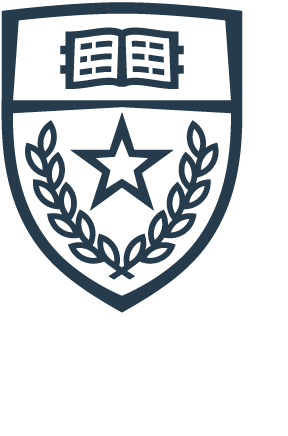05/30/2012 -
FierceBiotechIT | By Ryan McBride
For years, drug researchers have tapped computers to take serendipity out of the discovery equation, and a group from the University of Texas at Austin has advanced computational drug discovery further with updated image-reconstruction and modeling techniques, according to the university.
Read more
05/23/2012 -
Professor Peter Stone has been elected as a Fellow of the Association for the Advancement of Artificial Intelligence (AAAI) for his significant contributions to machine learning, multiagent systems, and robotics, and pioneering applications in robot soccer, trading agents, and autonomous driving domains. Peter's main research interest in artificial intelligence is understanding how to best create complete intelligent agents.
Read more
05/17/2012 -
InnovationNewsDaily | Jeremy Hsu, Senior Writer
Ordinary Americans can't buy intelligent, self-driving cars just yet, but the technology could someday revolutionize one of the nation's most common road rituals—the morning and evening commutes that bookend the workday for millions of people.
Read more
05/16/2012 -
From image processing, to 3D modeling, to search algorithms, computer and computational science help improve the drug discovery pipeline
Read more
04/30/2012 -
Research in computer science has shown a remarkable ability to change the world. Just consider some of the $1B industries that were spawned from basic research in computer science: Internet search, graphics and animation, relational databases, data mining, and speech recognition. In each of these cases, and fourteen others, the National Research Council traced each industry’s fundamental innovations back to university research projects1.
Read more
04/30/2012 -
Discoveries in bioinformatics provide new therapeutic interventions to disease by replacing expensive, time-consuming physical experiments with an automated computational search. Public databases now contain experimentally determined sequence and structural information for hundreds of thousands of proteins allowing for rather comprehensive digital investigation. Computational software and hardware limitations are the restricting factor in obtaining deeper understanding of molecular function from this available data.
Read more
03/23/2012 -
Reuters
Computer scientists at the University of Texas in Austin are developing intersections of the future, designed to accommodate the driverless vehicles they believe will soon take over our roads. The intersection will have no traffic lights and no stop signs, just computer programs that will talk directly to each car on the road.
Read more
03/12/2012 -
"WebOS: Operating System Services for Wide Area Applications," a paper co-authored by Michael Dahlin has been selected as one of the top 20 papers in 20 years of publications from the HPDC, the International ACM Symposium on High-Performance Parallel and Distributed Computing. Co-authors of the paper, are Amin Vahdat, Tom Anderson, Eshwar Belani, David Culler, Paul Eastham, and Chad Yoshikawa.
Read more
03/04/2012 -
Austin American-Statesman | By Cristina Peña
Having already designed an SUV that drives itself, a project group at the University of Texas is now working on the technological next step: an autonomous intersection that lets driverless vehicles navigate without stoplights or stop signs.
Read more







